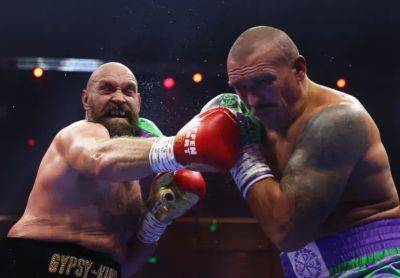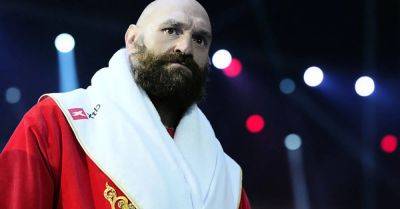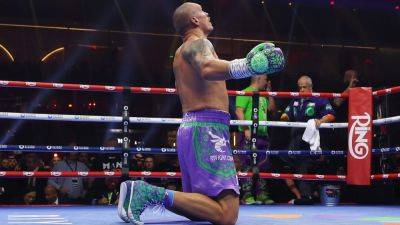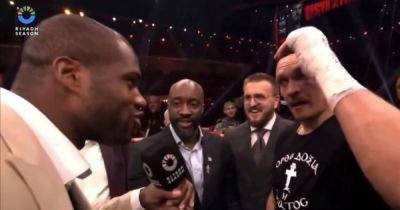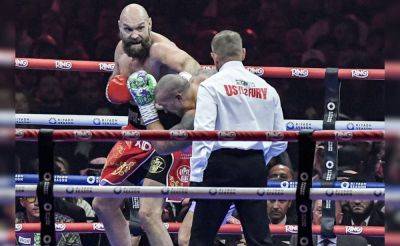Somebody should have known better: Death of Edmonton man after MMA match raises regulation questions
Five years ago this week, I sat on a stool in the centre of a boxing ring at Hardknocks Boxing Club in downtown Toronto to talk about life, death, and the sweet science with Bernard Hopkins, a former world champion and future hall of famer.
We discussed Adonis Stevenson, who at that moment lay comatose in Quebec City hospital after doctors operated to relieve swelling in his brain. The previous weekend Stevenson, a power-punching light-heavyweight champion from Montreal, crumpled in his corner after absorbing a concussive right hand from Oleksandr Gvozkdyk, a hard-hitting challenger from Ukraine. Stevenson lost his title, and nearly lost his life. Hopkins watched the fight, the knockout, and the fallout with both empathy and professional detachment.
He explained that succeeding as a pro fighter means realizing you might die in competition, but proceeding anyway.
"In the fight business we understand that when we sign that fight contract, it could well be a death warrant, too," he told me. "It's what we do. It's who we are. We're risk-takers. That's the separation, for those of us who don't appreciate what we do."
That conversation came to mind in late November when Trokon Dousuah, a 33-year-old Edmontonian with no formal experience as a high-level fighter, died following a charity mixed martial arts match in Alberta.
In the absence of details, we're left to wonder how and why a seemingly healthy father of three died after what looked like a run-of-the-mill mixed martial arts matchup. Last month, an Alberta judge published the results of an inquiry of the 2017 death of Tim Hague after a boxing match in Edmonton, and made 14 recommendations aimed at reducing in-ring risk. Following Dousuah's death, the RCMP is



